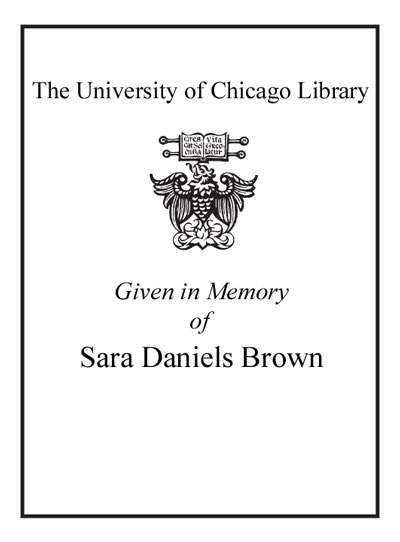Review by Choice Review
Ransom, a heroic figure in the storied history of the African Methodist Episcopal (AME) Church, used his various pulpits over seven decades to combat social, economic, and political injustice directed at African Americans. Throughout his long career as a churchman, Ransom consistently involved the AME Church in the social gospel. Identifying with W.E.B. DuBois, not Booker T. Washington, he inspired black clergymen to protest racial injustice, align politically, and cooperate despite denominational differences. Born in Ohio, Ransom attended Wilberforce University and Oberlin College and was ordained in 1883. He held pastorates in Altoona and Allegheny City, Pennsylvania; Springfield and Cleveland, Ohio; and Chicago, Boston, and New York City. As a tribute to his intellectual leadership, Ransom edited the A.M.E. Church Review from 1912 to 1924. He was elected the 48th bishop of the AME Church in 1924, serving in this capacity until 1952. On three occasions Ransom represented his church at the Ecumenical Conference of Methodism. Such a rich and important life deserves a more nuanced and analytical biography than Gomez-Jefferson provides in her thinly researched, overtly linear, and overly filiopietistic work. ^BSumming Up: Recommended. Graduate university collections. J. D. Smith North Carolina State University
Copyright American Library Association, used with permission.
Review by Choice Review

